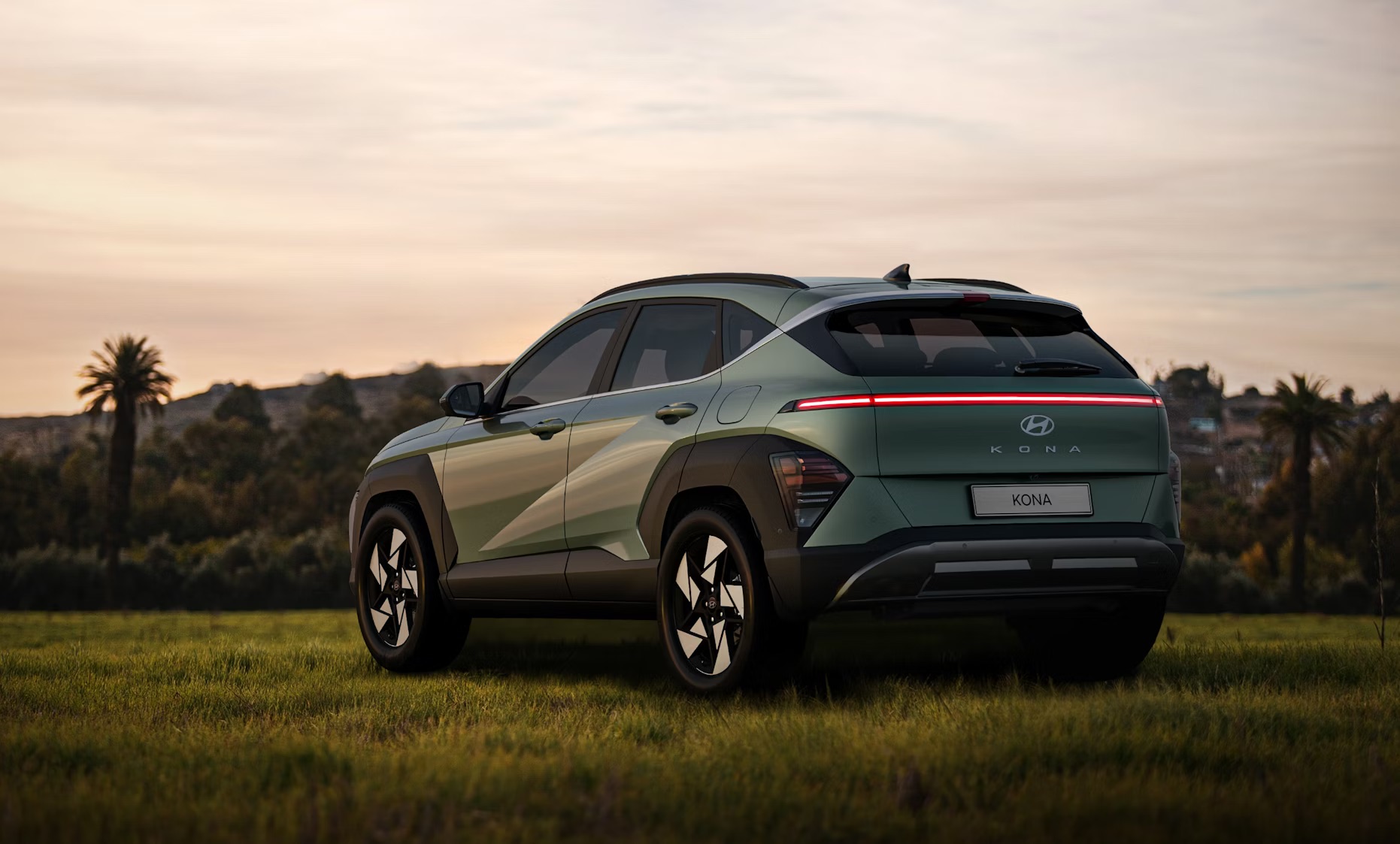
Hyundai Motor Group has raised its investment commitment in the United States to $26 billion between 2025 and 2028, increasing its previous pledge by $5 billion. The automaker says the funds will boost vehicle production, build a steel plant in Louisiana, and establish a new robotics facility, while also strengthening its supply chain to match “American market demand.”
The company estimates the expanded commitment will create 25,000 direct jobs by 2028 and reduce reliance on imports by manufacturing more parts domestically, helping to avoid the impact of tariffs.
Expanding U.S. Manufacturing Capacity
Hyundai and Kia already operate three U.S. factories: the Hyundai Motor Manufacturing Alabama plant (established in 2005), the Kia Georgia plant (2009), and the new Georgia Metaplant America electric vehicle facility, which began production in late 2024. Combined, these facilities can produce over one million vehicles annually. The EV plant currently has a capacity of 300,000 cars per year, with plans to scale to 500,000 as demand grows.
The new Louisiana steel plant, slated to open in 2029, will produce around 2.7 million metric tons of steel annually to supply Hyundai’s U.S. factories. This not only strengthens the company’s U.S. footprint but also shields it from the 50% tariffs on imported steel and aluminum imposed by the Trump administration in June.
Robotics and Technology Expansion
Hyundai will also launch a Robotics Innovation Hub in the U.S., capable of producing 30,000 units annually. The facility will handle design, testing, and deployment of advanced robotics. The investment deepens Hyundai’s involvement with Boston Dynamics, of which it owns 80%, and accelerates commercialization of robotics in manufacturing and logistics.
Beyond robotics, Hyundai will expand its collaboration in AI and autonomous driving technologies through its Motional joint venture with Aptiv, aiming to cement its role in the future of mobility.
The U.S. remains one of Hyundai’s largest markets. In July, the company reported $35.2 billion in second-quarter revenue, the highest in its history, following a record-setting $32.1 billion in Q1. Strong demand in North America has been central to this growth.
Author’s Opinion
Hyundai’s $26 billion pledge signals more than expansion—it shows how global automakers are adapting to a protectionist trade environment. By building steel and EV capacity in America, Hyundai is hedging against tariffs while also ensuring it remains competitive in one of its most profitable markets. The robotics investment, meanwhile, highlights how the company is positioning itself for the next era of automation, where vehicles and machines are built faster, smarter, and cheaper. The question is whether these massive investments will pay off fast enough in an industry being reshaped by shifting regulations, fierce EV competition, and uncertain consumer demand.
Featured image credit: Hyundai Motor Group via Unsplash
For more stories like it, click the +Follow button at the top of this page to follow us.
